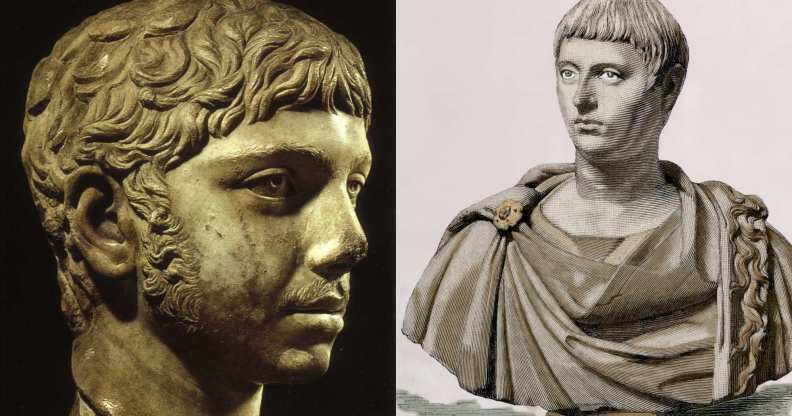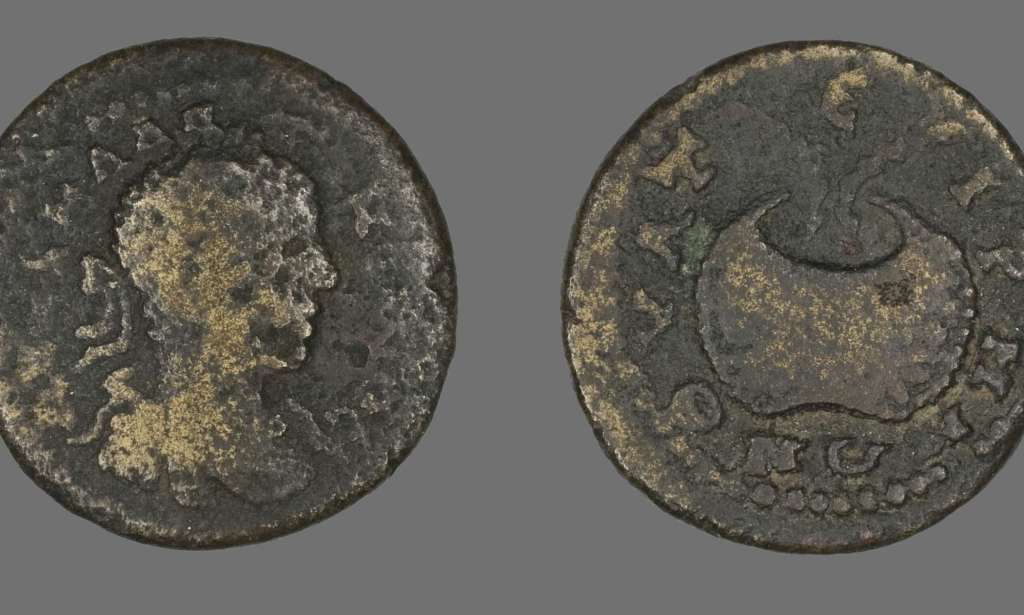Museum relabels Roman emperor as a trans woman with she/her pronouns

Roman Emperor Elagabalus has been reclassified as a transgender woman by a museum. (Getty Images)
The North Hertfordshire Museum will update its display about a Roman emperor after determining that she had been a transgender woman.
The museum will now refer to emperor Elagabalus with the pronouns she/her.
Elagabalus’s gender identity has long been a topic of debate amongst historians and academics, with historical accounts alluding to requests by the emperor to be referred to as a woman.
It was decided that the museum would reclassify Elagabalus as a transgender woman based on classical texts that report the Roman ruler as saying, “Call me not Lord, for I am a Lady.”
Chronicles of Elagabalus’s life, written by Roman historian Cassius Dio, also note that she had been married five times – four times to women and once to a former slave and chariot driver named Hiercoles.

In Elagabalus’s fifth and final marriage, Cassius Dio writes that the ruler “was bestowed in marriage and was termed wife, mistress, and queen.”
Kevin Hoskins, a spokesperson for the North Hertfordshire Museum and executive member for Enterprise and Arts at North Herts Council, has said that reclassifying Elagabalus as a trans woman was the “polite” thing to do.
“We try to be sensitive to identifying pronouns for people in the past, as we are for people in the present, it is only polite and respectful,” said Hoskins, per The Art Newspaper.
“We know that Elagabalus identified as a woman and was explicit about which pronouns to use, which shows that pronouns are not a new thing.”
The museum has a silver denarius coin that once belonged to Elagabalus. The coin is periodically put on display by the museum as one of the few LGBTQ+ items they have in their possession.
Hoskins added: “In the past, inaccurate translations had referred to Elagabalus as ‘they’; however we now know this was the result of the classical Greek language making no distinction between gender when referring to people in the third person, making many translations inaccurate.
“ It is now known through evidence – such as Dio’s text – that Elagabalus most definitely preferred the ‘she’ pronoun and as such this is something we reflect on when discussing her in contemporary times, as we believe is standard practice elsewhere.”
Emperor Elagabalus, who was also known as Marcus Aurelius Antonius, ruled the Roman empire from 218AD to 222AD, when she was assassinated aged just 18.

